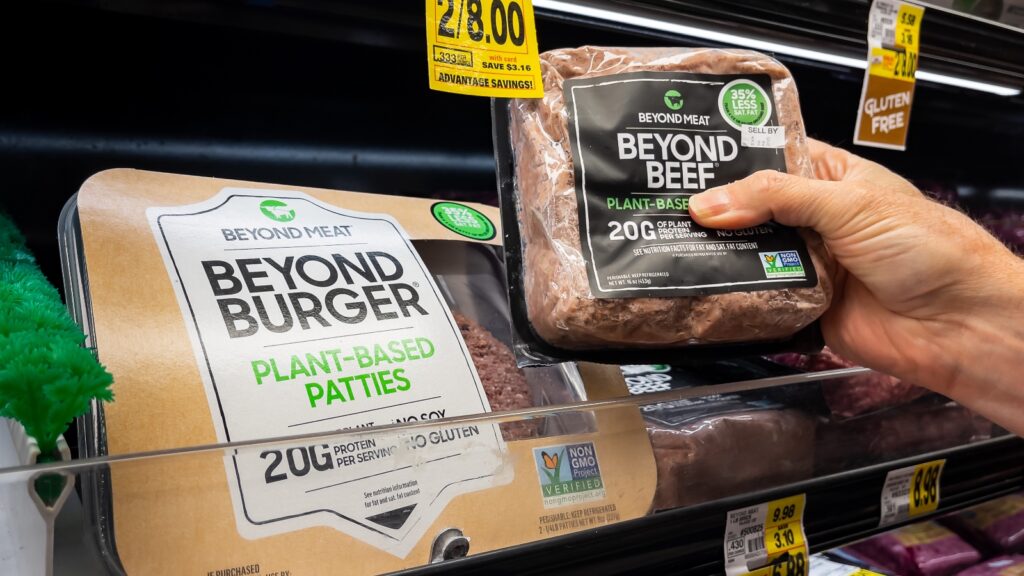Texas has approved a bill seeking to ban ‘meat’ and ‘beef’ labels from being used on plant-based and cell-cultured food.
House Bill 316 was okayed by lawmakers earlier this week to prevent brands ‘misleading’ consumers.
‘Meat’ and ‘beef’ labels
The bill strictly defines ‘beef’ and ‘chicken’ as ‘any edible portion of a formerly live and whole cattle/ chicken carcass, not derived by synthetic or artificial means’.
Similarly, it says the label ‘meat’ must not contain any lab-grown, cell-cultured, insect, or plant-based food products.
The bill stirred controversy online, with a slew of social media users criticizing the meat industry’s influence.
‘The work of lobbyists’
Journalist and analyst Luke Thomas wrote: “The legislative effort to make the word ‘meat’ legally unavailable to plant-based products is entirely the work of the lobbyists for meat providers.
“It has no other genesis or explanation. It’s just rich companies lobbying to get the government to harm their competition.
“No one is confused almond milk or Impossible meat is cow milk or cow meat. They seek it out precisely because it’s an alternative choice TO milk or meat.
“Not to mention first Amendment issues here… But, there’s no strong legal case to ban the use of those words for consumer benefit.”
Do plant-based labels confuse consumers?
Earlier this year, a study busted the myth that consumers are confused by ‘meat’ and ‘milk’ labels on plant-based products.
The empirical study – conducted by Cornell University – has been published in the Journal of Animal and Environmental Law.
It found ‘consumers are no more likely to think that plant-based products come from an animal if the product’s name incorporates words traditionally associated with animal products than if it does not’.
Moreover, it argues ‘omitting words that are traditionally associated with animal products from the names of plant-based products actually causes consumers to be significantly more confused about the taste and uses of these products’.
You can read the full bill here






